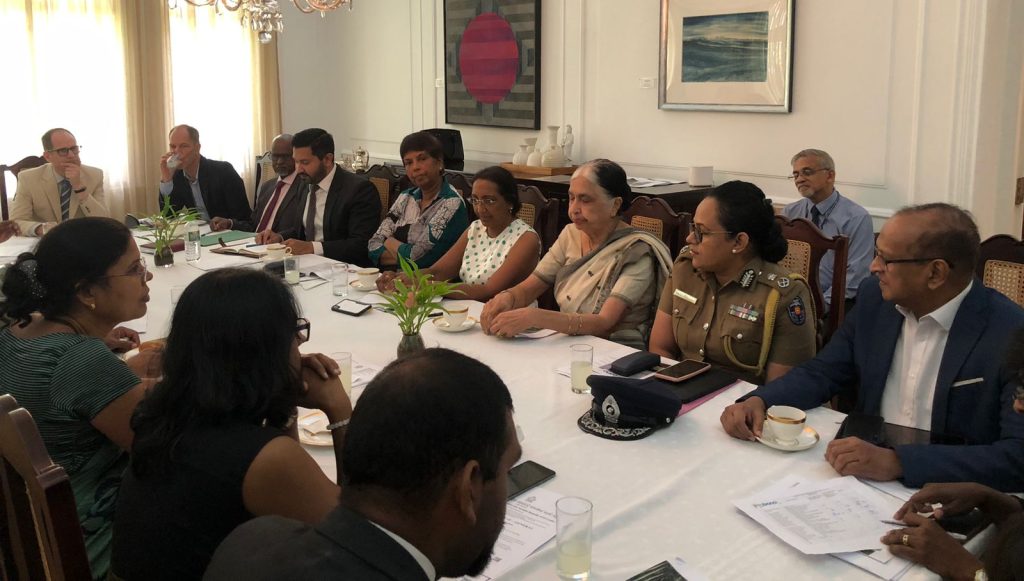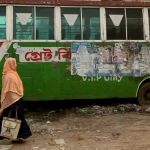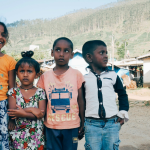To mark the International Day to End Corporal Punishment, iProbono and the Child Protection Alliance in Sri Lanka jointly arranged a roundtable discussion titled ‘Advancing Legal Reforms to End Corporal Punishment in Sri Lanka’. The event took place at Canada House, the official residence of the Canadian High Commissioner, on 30 April 2024.
The practice of corporal punishment refers to the use of physical force to discipline a child. This can include hitting, slapping, spanking, or any other form of physical pain inflicted as a punishment. With the recent passing of an amendment bill, Sri Lanka has committed to banning corporal punishment. However, the practice remains worryingly prevalent. A 2017 study by the National Child Protection Authority revealed that a staggering 80% of school children experienced corporal punishment in the previous school term. Similarly, a UNICEF report found over 60% of young people had faced corporal punishment at home.
The Penal Code doesn’t explicitly ban corporal punishment. Moreover, sections (82 and 341 illustration (i)) allow its use in schools and potentially even at home, as long as it’s claimed to be “for the benefit” of the child. This creates a problematic situation where the line between discipline and abuse can be easily blurred.
iProbono has been at the forefront of a sustained campaign by activists, legal experts, and citizens to abolish the practice. On 29 April 2024, the country took a significant step towards this goal, when President Ranil Wickramasinghe announced the passing of the amendment bill by the Cabinet to end this practice. The details of the amendment are yet to be published. Nevertheless, we see this moment as one of hope, and an acknowledgement of the power of collective action.
The roundtable discussion included several advocates for child rights, as well as key stakeholders including ministers, legal professionals and activists. iProbono’s CEO Mariam Faruqi and Equality Law Director Aritha Wickramasinghe moderated the discussion. Participants heard from a child, Sahil, a juvenile participant who emphasised that the fight isn’t over until all the children are safe. Prof. Savitri Goonasekara, academic and Emeritus of Law, spoke on the colonial origins of corporal punishment and the injustice it has perpetuated. Despite the many challenges that lie ahead, she pointed out, it is possible to draw inspiration from previous instances where international child protection standards have been successfully integrated into Sri Lanka’s legislation.

Other speakers included Dr. Tushara Wickramanayake, Founder & Chairperson of Stop Child Cruelty Trust, and Prasanthalal De Alwis, Presidents’ Counsel, who emphasised the importance of well-drafted amendments, along with a shift in societal attitudes, to protect children. Prof. Thanaraj Thaiyamuthu, Commissioner, Human Rights Commission of Sri Lanka raised important issues like offering support for educators to address conflict constructively, thereby fostering a more positive learning environment. Dileepa Manawadu, Co-convener of Child Protection Alliance, pointed to the potential role of religious leaders, who hold influence within communities, to explore alternative disciplinary approaches. The discussion emphasised harnessing the influence of such figures to promote positive parenting.
Despite the momentum provided by the amendment bill, speakers also acknowledged the challenges that lie ahead. For instance, the absence of inter-ministerial coordination, which weakens the overall effort to end corporal punishment. To address this, there are measures like the Ministry of Women and Children’s Affairs move to include legal professionals in the discussions. There are also important initiatives by NextGenSL, Sri Lanka’s only cross-party youth political initiative, which lobbies political parties to build public opinion around the issue. Finally, the support for positive parenting programmes by international agencies like UNICEF indicates a united front against corporal punishment.
iProbono remains a committed part of these efforts. We continue to advocate for amendments to the Penal Code and Criminal Procedure Code that will provide robust legal protections for children. Our vision is to ensure a future where all children are safe and nurtured in an environment free from violence.







